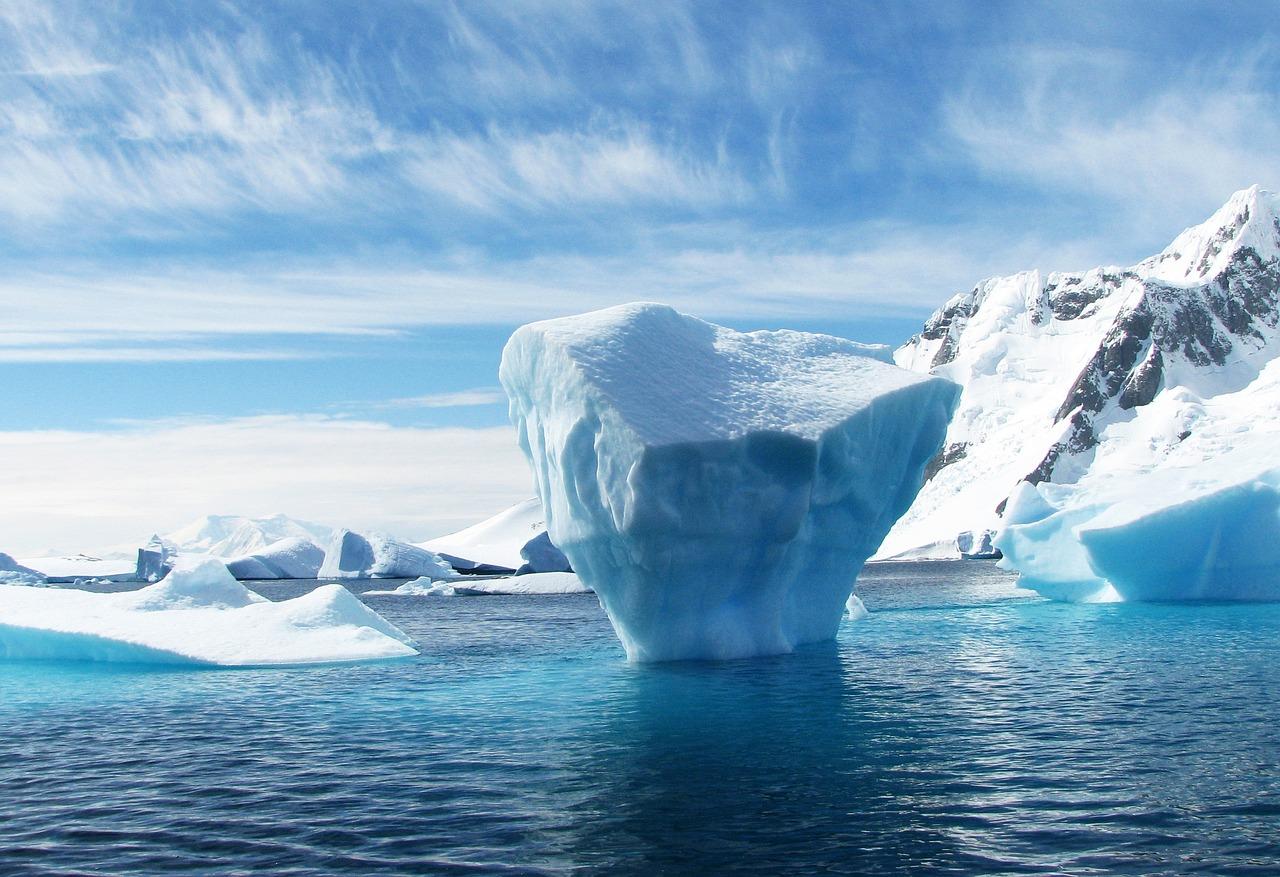In recent years, China’s expanding presence in Antarctica has raised significant concerns among international observers, particularly in Australia and the United States. The recent establishment of China’s third permanent Antarctic station, Qinling, has intensified discussions about China’s long-term ambitions in the region and the potential implications for Antarctic governance. Let’s delve into the key points raised in the article and explore potential responses to China’s Antarctic activities.
China’s Antarctic Presence: China’s Antarctic activities, including the establishment of the Qinling base, have sparked concerns about its intentions in the region. Some observers worry that Qinling’s strategic location near the Ross Sea could facilitate Chinese monitoring of communications in neighboring countries, including Australia and New Zealand. Additionally, China’s interest in Antarctic resources, such as krill fishing and mineral extraction, has raised questions about its adherence to international agreements, such as the Antarctic Treaty System.
Implications of China’s Actions: The article highlights China’s economic motivations behind its Antarctic activities, particularly in krill fishing and potential future mining endeavors. Despite being a signatory to the Antarctic Treaty System, China’s actions suggest a willingness to disregard conservation measures and exploit Antarctic resources for economic gain. This poses a significant risk to the fragile Antarctic ecosystem and undermines international efforts to protect the region’s biodiversity.
Responses and Recommendations: In response to China’s Antarctic ambitions, Australia and its allies face several challenges in safeguarding Antarctic governance and environmental conservation. The article suggests several measures that could be taken to address China’s activities, including:
- Publicly denouncing any violations of the Antarctic Treaty System by China and advocating for stricter enforcement of conservation measures.
- Considering targeted sanctions against individuals and entities involved in illegal or unsustainable Antarctic activities.
- Strengthening bilateral agreements, such as the Australia-China Joint Statement, to ensure the peaceful stability of Antarctic relations and promote responsible environmental stewardship.
- Exploring the establishment of dedicated Antarctic affairs offices within relevant government departments to coordinate responses and develop long-term strategies for Antarctic governance.
China’s growing presence in Antarctica presents complex challenges for the international community, requiring coordinated and proactive responses to safeguard the region’s environmental integrity and promote sustainable development. By addressing China’s Antarctic ambitions through diplomatic engagement, international cooperation, and robust enforcement mechanisms, Australia and its allies can uphold the principles of the Antarctic Treaty System and preserve Antarctica’s unique ecological heritage for future generations.
In conclusion, the article sheds light on the evolving dynamics of Antarctic geopolitics and underscores the need for concerted efforts to address China’s long-term ambitions in the region. By adopting a proactive and collaborative approach, Australia and its allies can effectively navigate the complexities of Antarctic governance and ensure the sustainable management of this pristine and fragile ecosystem.







